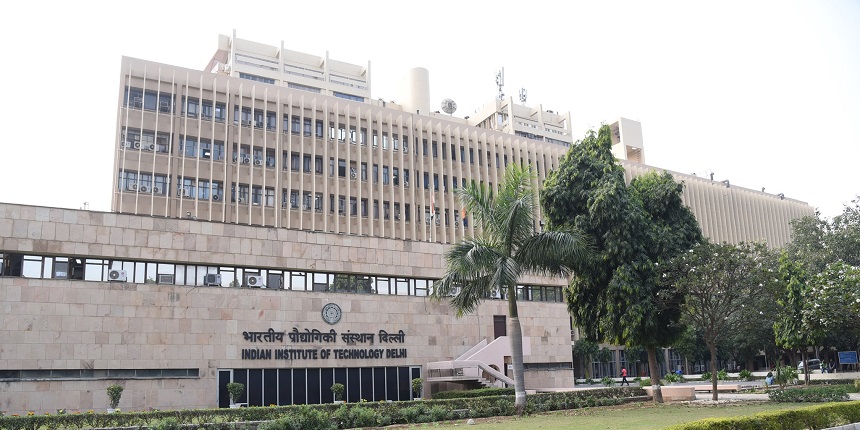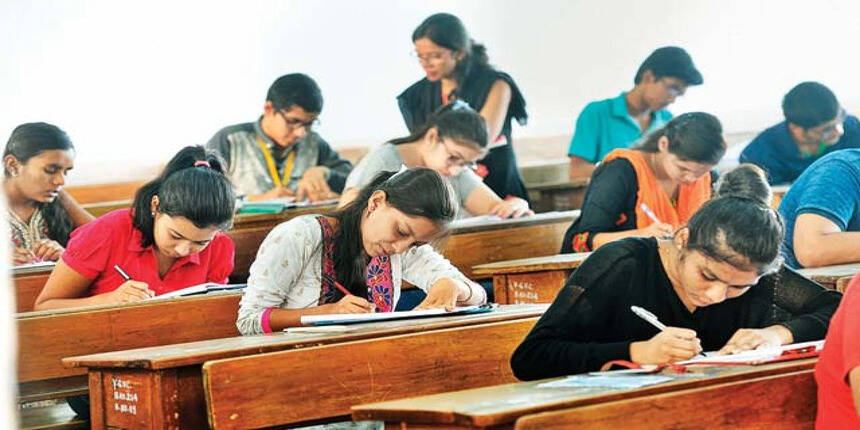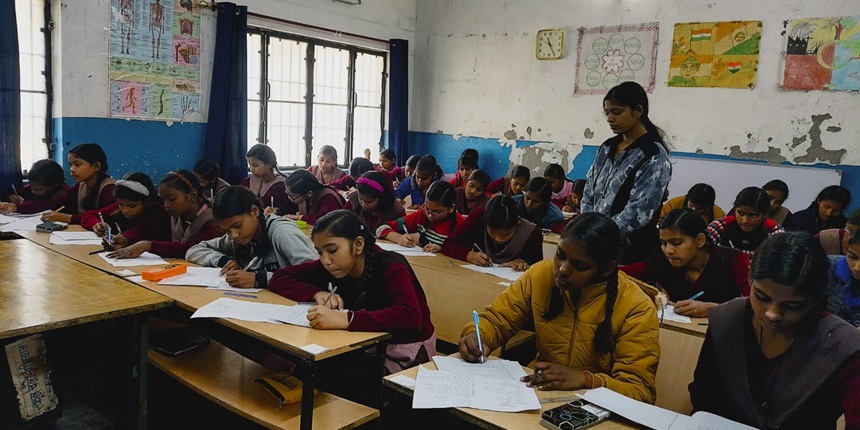IIT Delhi research reveals mechanisms driving SARS-CoV-2 evolution in humans
IIT Delhi researchers' study will help in better understanding of COVID-19's pathogenesis, immune evasion and emergence of variants of concern.
Know all about JEE Advanced
Candidates can get access to all the details about JEE Advanced including eligibility, syllabus, exam pattern, sample papers, cutoff, counselling, seat allotment etc.
Download Now IIT Delhi (Source: Official Website)
IIT Delhi (Source: Official Website)Press Trust of India | May 29, 2022 | 05:56 PM IST
NEW DELHI: Researchers at the Indian Institute of Technology (IIT), Delhi have revealed the mechanisms driving the evolution of SARS-CoV-2 in humans which can help in better understanding of COVID-19's pathogenesis, immune evasion and emergence of variants of concern. According to the seven-member research team, CpG (a cytosine followed by a guanine) numbers in virus genomes have been linked to host-switching, the efficiency of virus replication, immune evasion and the ability of a virus to cause disease.
The researchers found that the rate of CpG depletion from SARS-CoV-2 genomes rapidly decreases after the first few months of evolution in humans. The research has been published in a journal, Molecular Biology and Evolution, and is titled "The Slowing Rate of CpG Depletion in SARS-CoV-2 Genomes is Consistent with Adaptations to the Human Host".
Also Read | Interview: IIT Patna is helping to break language barriers, says director
"Zinc-finger antiviral protein (ZAP) is a host protein that can bind to CpG-rich regions in SARS-CoV-2, the causative agent of the COVID-19 pandemic, and recruits other host proteins to degrade the viral RNA. Several viruses including HIV-1, Influenza A virus and SARS-CoV-2 prefer to reduce their CpG content (by losing CpGs) to minimise the host immune response, thus allowing better virus replication and survival," Vivekanandan Perumal from the Kusuma School of Biological Sciences, IIT Delhi told PTI.
"The team analysed over 1.4 million full-length SARS-CoV-2 sequences from across the world. They found that the rate of CpG depletion from SARS-CoV-2 genomes rapidly decreases after the first few months of evolution in humans. "Furthermore, most SARS-CoV-2 variants of concern had lower CpG content. This work highlights the existence of selection pressures apart from ZAP that may lead to CpG depletion in SARS-CoV-2 genomes," he added.
Also Read | IIT Madras develops algorithm to protect air traffic control, power distribution from attacks
SARS-CoV-2 has a uracil-rich (uracil is one of the four building blocks of RNA) genome. The researchers have identified how uracils adjacent to CpGs contribute to the accelerated loss of CpGs from SARS-CoV-2 genomes. "Our results lay the necessary groundwork for future studies on understanding the intricacies of virus-host interactions leading to CpG depletion," IIT Delhi professor Manoj Menon said. "We observed that the extent of CpG depletion in SARS-CoV-2 genomes is modest during the first 17 months of the pandemic corresponding to over 170 million documented human infections," he said.
Follow us for the latest education news on colleges and universities, admission, courses, exams, research, education policies, study abroad and more..
To get in touch, write to us at news@careers360.com.




